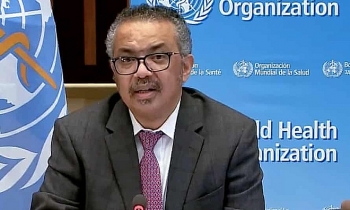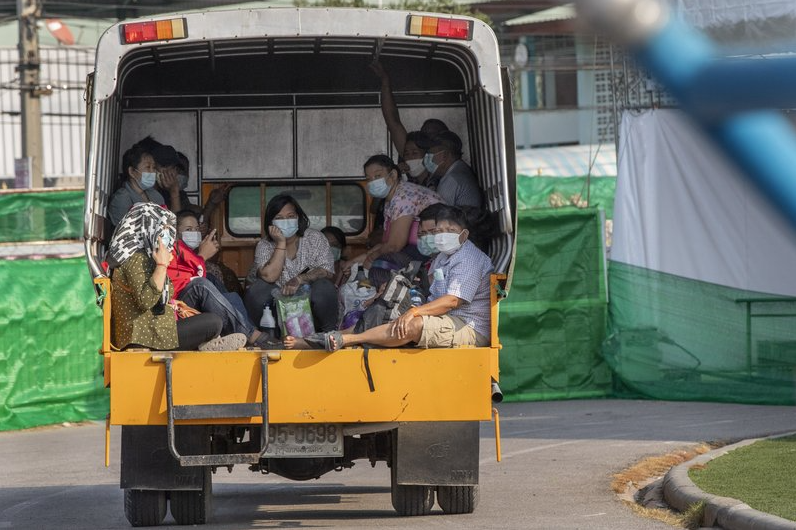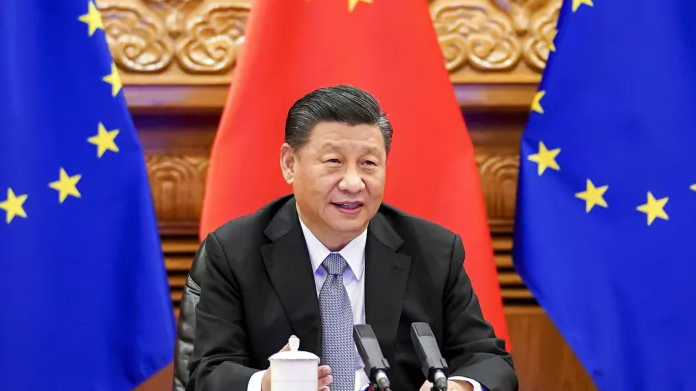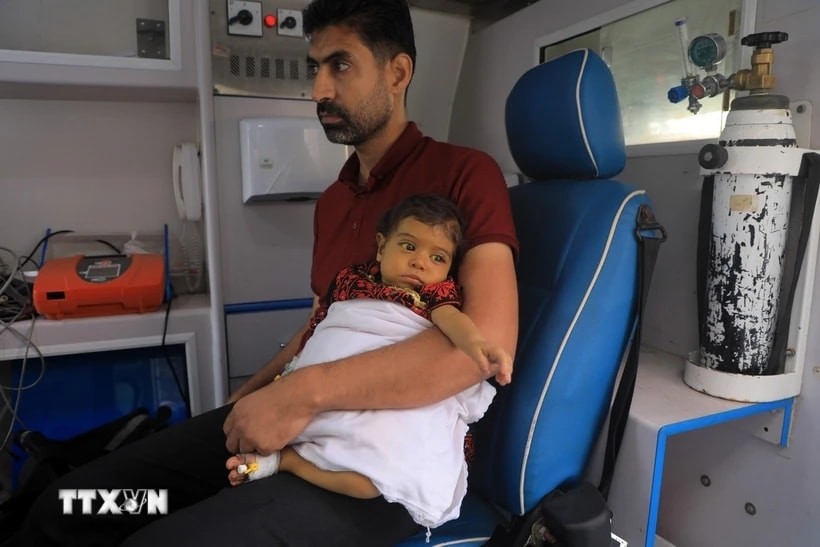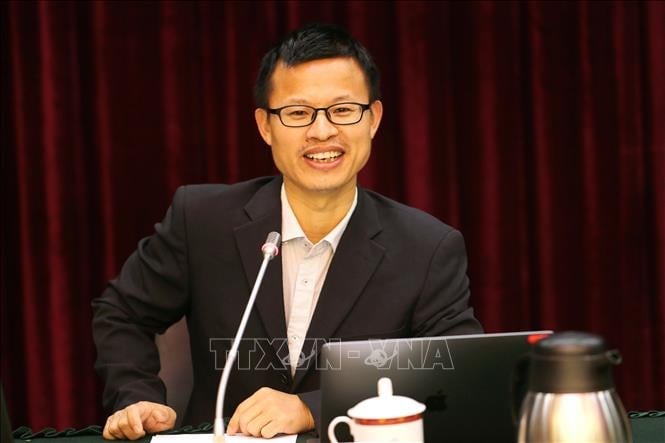WHO team visits second Wuhan hospital, continues the investigation on Covid's origins
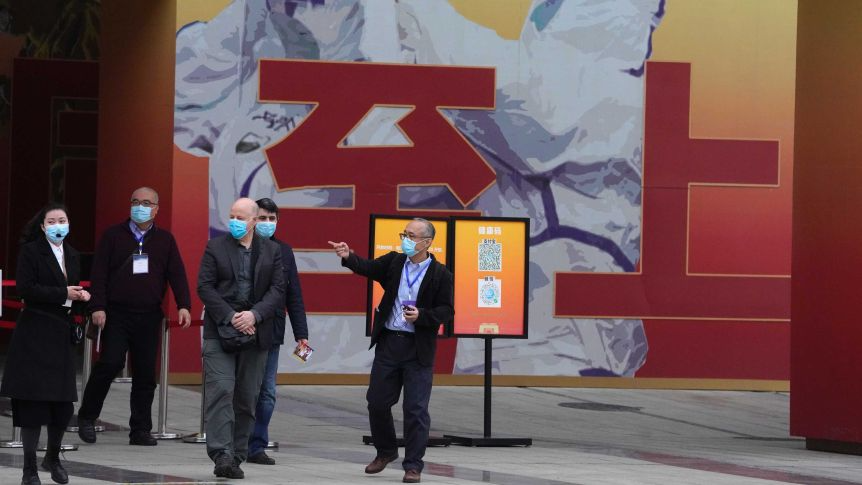 |
| The team's first face-to-face meetings with Chinese scientists took place a couple of days ago.(AP: Ng Han Guan) |
According to Associated Press, Jinyantan Hospital was one of the city's first to deal with patients in early 2020 suffering from a then-unknown virus and is a key part of the epidemiological history of the disease.
"Just back from visit at Jinyintan hospital, that specialised in infectious diseases and was designated for treatment of the first cases in Wuhan," Dutch virologist Marion Koopmans said in a post on Twitter.
"Stories quite similar to what I have heard from our ICU doctors."
Zoologist Peter Daszak of the US group EcoHealth Alliance, who is a member of the team, said in a tweet that the visit was an "important opportunity to talk directly" with medics who were fighting the virus at the critical time.
The team's first face-to-face meetings with Chinese scientists took place on Friday, before the experts who specialize in animal health, virology, food safety and epidemiology visited another early site of the outbreak, the Hubei Integrated Chinese and Western Medicine Hospital.
The Geneva-based WHO said late Thursday on Twitter that its team plans to visit hospitals, markets like the Huanan Seafood Market that was linked to many of the first cases, the Wuhan Institute of Virology, and laboratories at facilities including the Wuhan Center for Disease Control.
It said the team had already requested "detailed underlying data" and planned to speak with early responders and some of the first patients.
The mission has become politically charged, as China seeks to avoid blame for alleged missteps in its early response to the outbreak.
A single visit by scientists is unlikely to confirm the virus's origins. Pinning down an outbreak's animal reservoir is typically an exhaustive endeavor that takes years of research including taking animal samples, genetic analysis and epidemiological studies.
One possibility is that a wildlife poacher might have passed the virus to traders who carried it to Wuhan. The Chinese government has promoted theories, with little evidence, that the COVID-19 outbreak might have started with imports of frozen seafood tainted with the virus, a notion roundly rejected by international scientists and agencies.
A possible focus for investigators is the Wuhan Institute of Virology. One of China's top virus research labs, it built an archive of genetic information about bat coronaviruses after the 2003 outbreak of SARS, or severe acute respiratory syndrome.
China set up hurdles and pushed for control
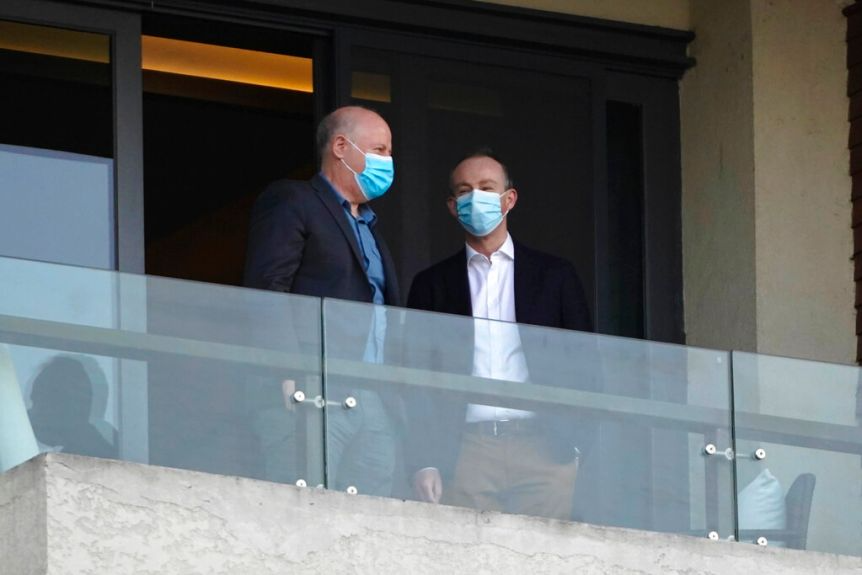 |
| The team has requested "detailed underlying data" from Chinese authorities.(AP: Ng Han Guan) |
Visa delays. Quarantine rules. Political stonewalling.
Seemingly worried about drawing renewed attention to the country’s early mistakes in handling the pandemic, Chinese officials have used a variety of tactics over the past year to hinder the W.H.O. investigation.
After resisting demands from other nations that it allow independent investigators onto its soil to study the origin of the pathogen, China finally let two W.H.O. experts visit in July to lay the groundwork. Then it promptly placed the team into quarantine for 14 days, forcing its members to do some of their detective work from a distance.
They were not permitted to visit Wuhan, where the virus first emerged.
For months, China delayed approving a visit by a full team of experts, frustrating the health agency’s leaders. When the visit seemed to be finalized earlier this month, it fell apart at the last minute when Beijing failed to provide visas for the visitors, according to the health agency. Dr. Tedros Adhanom Ghebreyesus, the World Health Organization’s director general, issued a rare rebuke of Beijing at a news conference, saying he was “very disappointed” by the delays.
The Chinese government has demanded that Chinese scientists oversee important parts of the inquiry. It has also limited the global health agency’s access to important research and data.
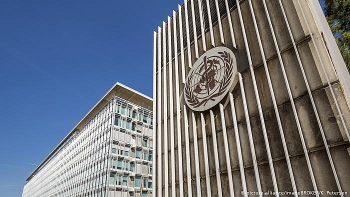 | WHO plans slew of COVID-19 vaccine approvals for global rollout The World Health Organization (WHO) plans to approve several COVID-19 vaccines from Western and Chinese manufacturers in coming weeks and months, a document published on ... |
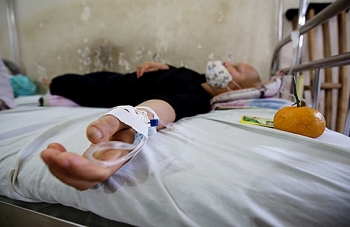 | WHO names Vietnam among countries with highest cancer fatality rates worldwide Vietnam was named as one of the nations with the highest rate of cancer fatalities and new cancer cases in the world, The World Health ... |
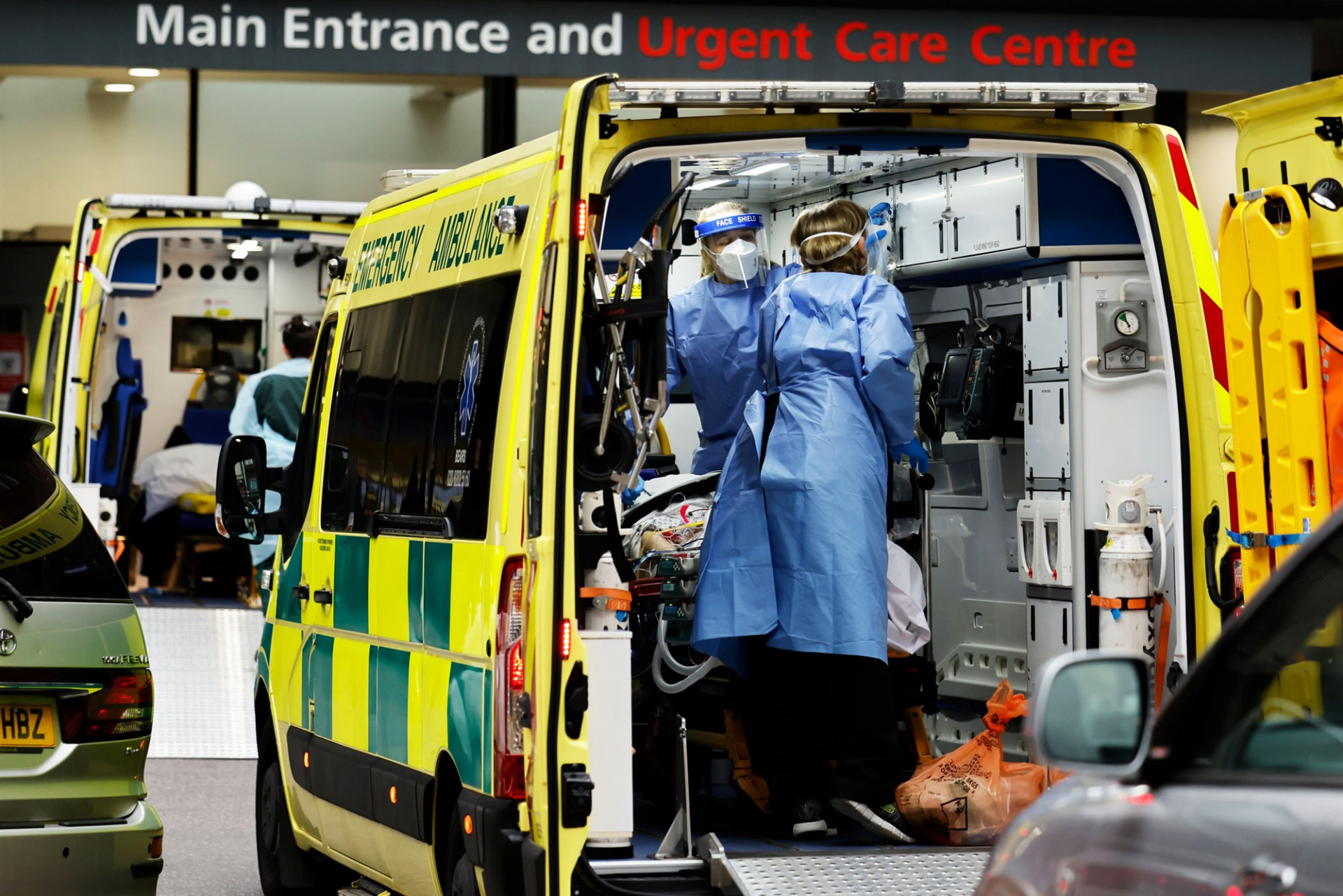 | WHO calls for more intensified measures after new variant of COVID-19 detected in U.K WHO suggests making the time between the first and second doses of the COVID-19 vaccine injection flexible as well as intensified coronavirus measures amidst the ... |
Recommended
 World
World
Pakistan NCRC report explores emerging child rights issues
 World
World
"India has right to defend herself against terror," says German Foreign Minister, endorses Op Sindoor
 World
World
‘We stand with India’: Japan, UAE back New Delhi over its global outreach against terror
 World
World
'Action Was Entirely Justifiable': Former US NSA John Bolton Backs India's Right After Pahalgam Attack
Popular article
 World
World
Nifty, Sensex jumped more than 2% in opening as India-Pakistan tensions ease
 World
World
Easing of US-China Tariffs: Markets React Positively, Experts Remain Cautious
 World
World
India strikes back at terrorists with Operation Sindoor
 World
World

